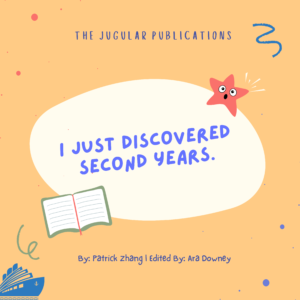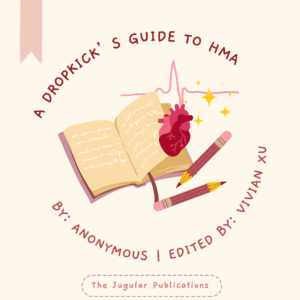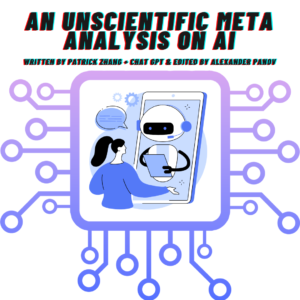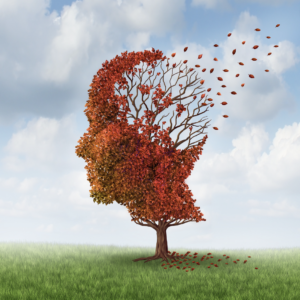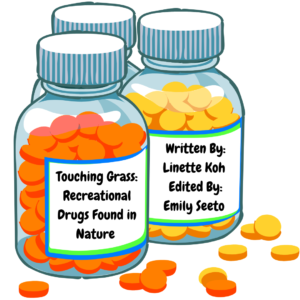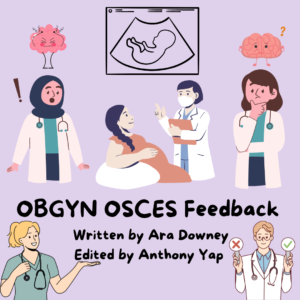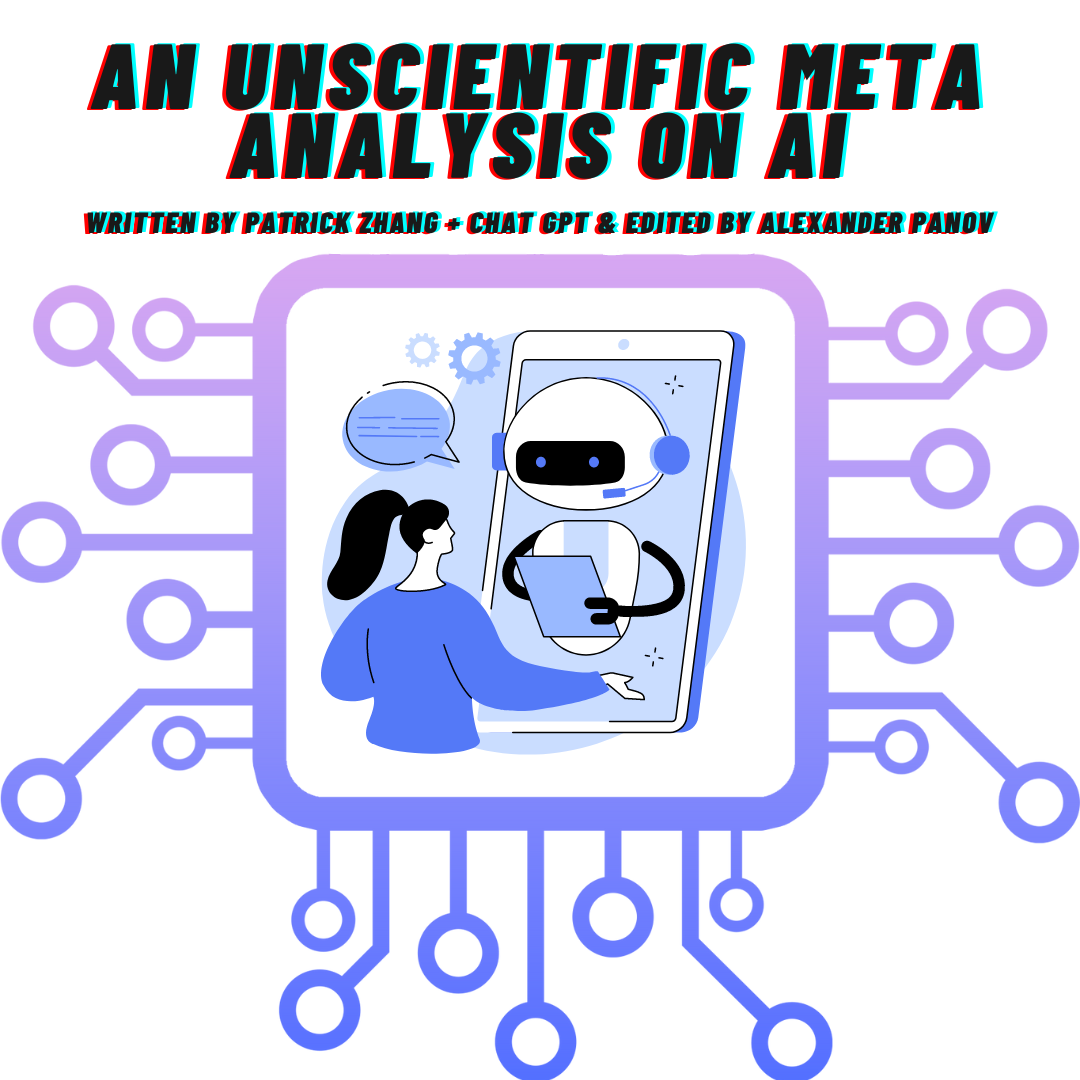
Written By: Patrick Zhang | Edited By: Alexander Panov
I’m proud to say I was a commendable participant of the 2024 Global Health Short Course ‘The Future of Medicine’ (That’s what my certificate said – btw it was personally signed by the Dean of Medicine). This is where our story begins today. On GHSC Night 1, I was enraptured by four incredibly fascinating speakers. In particular, there was a lady (shoutout Professor Mary-Anne Williams) who gave a spiel on the future of AI and humans solving problems – I can’t remember exactly how it was relevant to medicine, but the most memorable part was a funky graph which I’ve tried to recreate below (See Figure 1).
It’s probably news to nobody that 1. AI is a thing, and 2. It’s already overtaken human performance. Now, don’t worry – using a parameter measure (effectively how interconnected your neurons are), you still take the cake. However, AI is predicted to surpass your human brain by 2026, allowing it to host a quadrillion different parameters. What was particularly striking to me from the graph was the predicted exponential growth. That means it won’t be long before the AI apocalypse is upon us helpless homo sapiens.
During my writing of this piece, Netflix recommended Atlas to me, a film about how AI had gone out of control and the protagonist (played by JLo) was forced to team up with a good AI in order to stop the big bad AI from ending humanity. The movie itself was nothing special – featuring your average Hollywood tropes and cliches, but one thing it did get right was AI’s capability for exponential learning. Okay, so we’ve established through two reliable and factual sources that the cat’s out of the bag and the apocalypse is inevitable. If you were hoping to find some solace here, sorry to disappoint. However, the film does raise an interesting concept – the question of what constitutes life. I hope we all remember MRS NERG from Year 7 Science. Sadly, our AI friends are rejected as living under this definition. But Smith (the Good AI) profoundly declares “We’re all programmed – humans by DNA, AI by code”. Now, I couldn’t help but feel there was some truth in this statement and I extend that thought as an olive branch to you, dear reader – when the robots do cause humans to become extinct, at least we can view it as a natural living process and not some horrific abomination that we caused.
But hopefully, the end of the world for us is still far away enough to not worry about – so what about in the short term? Well, have you ever been tempted to ChatGPT your entire IA? If you answered yes, I recommend you stop reading and take a long, hard look at yourself. So how does AI detection work anyway? I scouted Reddit and Quora for the answers and came to the conclusion that the detectors (also AI) base the outcome on ‘Perplexity’ (how unexpected or illogical the piece of writing is) and ‘Burstiness’ (variations in sentence length). Low values for both parameters indicate a high likelihood of an AI text. So theoretically, making your assignment as nonsensical and convoluted as possible should guarantee it won’t show up on an AI checker. However, the more likely reality is when markers read your work, if it looks and sounds like it was written by AI, they’ll probably flag you for it. Speaking of professors, earlier this year, esteemed Jugular writer and part-time celebrity Ara Downey wrote a piece interviewing a faculty member about ferrets, who replaced students, being replaced with AI language models (go check out that article if you haven’t). Spoiler alert: there was no professor – it was an AI all along. This begs the question, how long before our beloved Reza’s are replaced with their corresponding RezaAI’s? I’ll leave you with this terrifying thought to ponder over.






